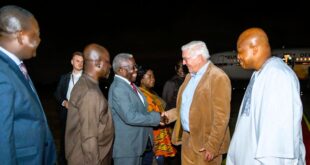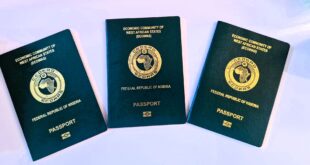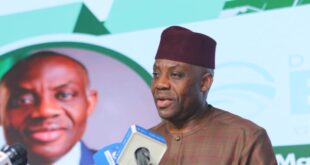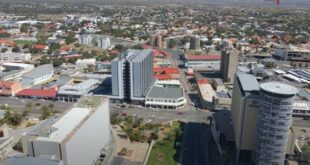The long wait for the result of Saturday’s Nigerian presidential election ended in the early hours of Wednesday when Asiwaju Bola Ahmed Tinubu was declared winner by the Independent National Electoral Commission (INEC) in Abuja, Nigeria’s capital.
The three days of waiting seemed like weeks due to the tension that enveloped the country and even the west African subregion, not to mention the Nigerian global diaspora community.
Tinubu, a Yoruba from southwestern Nigeria, will succeed incumbent President Muhammadu Buhari, who is completing his second and last term in office, on 29 May. An elected president can only serve for a maximum of two 4-year terms.
The 2023 election was like no other before it since Nigeria returned to democracy in 1999 due to three leading candidates seeking the presidency. From the snippet results released from different parts of the country since Sunday morning, none of the three candidates – Tinubu of the governing All Progressives Congress (APC), Atiku Abubakar of the main opposition Peoples Democratic Party (PDP) and Peter Obi of the Labour Party – showed any signs of unassailable lead until the final announcement.

And it was an election characterised by surprises. For example, Obi defeated Tinubu in his home state of Lagos and swept to victory stunningly in several other states under the governorship control of the APC and PDP.
The Labour Party candidate, a former governor in Anambra who only joined his party less than a year ago, was the running mate to Atiku on the platform of the PDP at the 2019 presidential election.
Atiku also made an impressive showing across the country, winning most of the states in the North and beating Buhari in his home state of Katsina.
At the end of it all, it’s the ruling APC, which has the widest popularity across Nigeria, that emerged victorious as expected. Tinubu polled 8,794,726 votes (37%) to defeat 17 other candidates. His two closest opponents Abubakar of the PDP won 6,984,520 (29%) and Obi of the Labour Party 6,101,553 (25%).
Like it’s usual in Nigerian and even African elections, the opposition parties have alleged rigging. They claim the result was tainted by voter suppression and the failure of INEC to upload polling units’ results from the over 176,000 polling stations to a web portal as stipulated in its guideline.
There were indeed pockets of violence in different parts of the country as there were difficulties in the electronic transmission of results. These drawbacks were not substantial enough to undermine the credibility of the polls, INEC insists.
INEC has dismissed the claims of Atiku and Obi and advised them to take their grievances to the election petition tribunal, as stipulated by law.
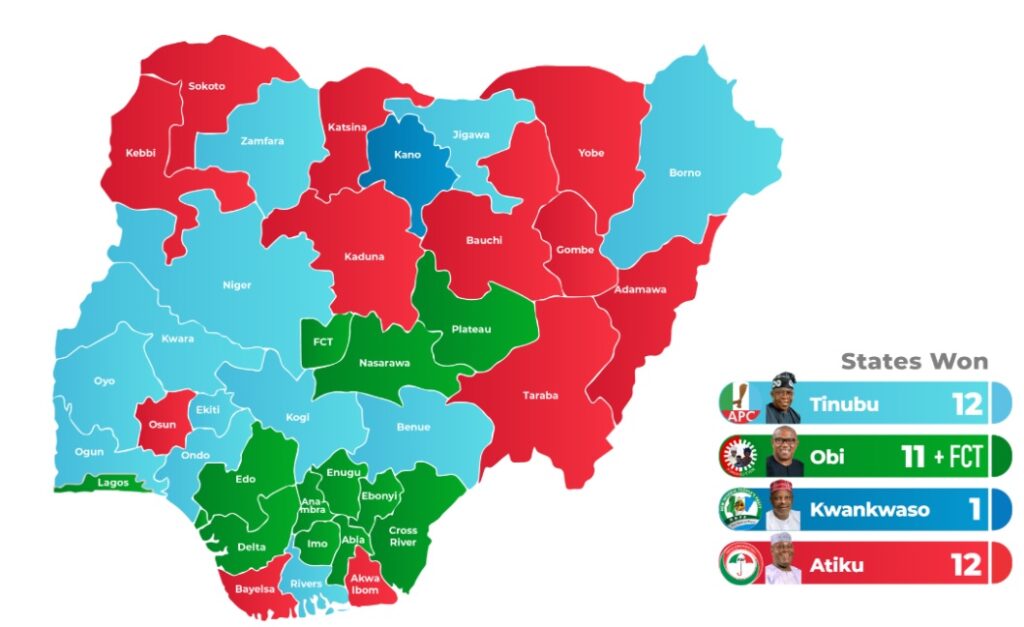
Independent analysts point to spectacular upsets in the election, such as Tinubu losing Lagos to Labour Party, President Buhari losing his Katsina home state to the PDP and many APC and PDP governors not being able to secure victories for their parties in their states as signs that the allegations of election manipulation might be exaggerated.
Both Atiku and Obi have organised separate press briefings where each claimed victory in the poll.
“Between His Excellency Peter Obi my very good friend and His Excellency Atiku Abubakar, one of them must be lying. That is clear by the fact that Atiku who came second said he won, Obi who came third said no he is the one who won,” commented Adams Oshiomhole, a former National Chairman of the APC.
“So, between the two of them, they must be trying to rig each other out, so one of them must be lying and when they go to court, I am sure that is one thing that will be showing when you have two people claiming victory,” he added.
Despite its flaws, observers welcome the peaceful conclusion of a contentious presidential election process. There have been speculations for months of some powerful forces plotting to prevent the general elections from taking place in order to truncate democratic governance in the country.
A fuel supply shortage that has lingered for several months across the country and a currency redesign policy of the Central Bank of Nigeria have caused Nigerians immense suffering. In fact, violent protests broke out in parts of the country over the severe scarcity of new currency notes days before the election.
A leading member of the APC and Kaduna State Governor, Nasir el-Rufai, said on television before the election that some fifth columnists at the presidency designed the two disruptive policies to incite voters against the APC at the polls to sabotage the candidacy of Tinubu.
This is why it’s considered a success that the election took place at all and peacefully concluded. Like it’s usual in the past elections, Nigerians have to brace for impending legal battles to be waged by Atiku and Obi to convince the court to award them victory.
Saturday’s elections were for the president and national assembly and is part of the country’s 7th general polls since the restoration of democracy in 1999. The number of registered voters was 93.4m. The total of collected permanent voter cards was 87.2 million for 176,606 polling units. However, only 25.2m voters participated at the presidential poll. Voters will elect state governors and legislators on 11 March.
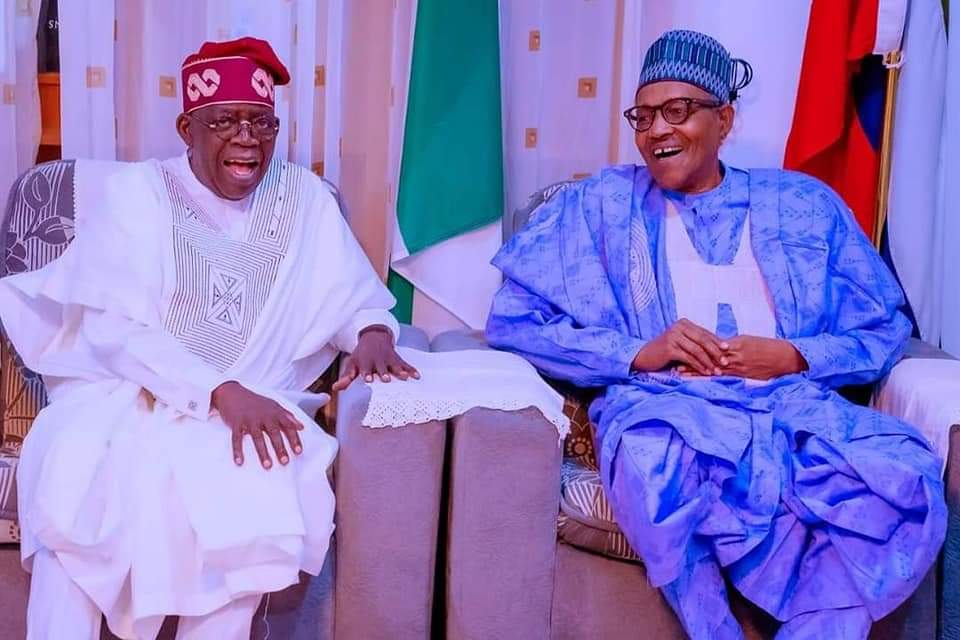
The president-elect
Asiwaju Bola Ahmed Tinubu emerged in national politics in 1992 when he was elected senator. He was a close confidante of MKO Abiola who won the 12 June 1993 election that was annulled by then military dictator, General Ibrahim Babangida. Abiola was later clamped into prison where he died on 8 June 1998.
The president-elect was one of the activists who waged the de-annulment campaign and had to escape into exile in the UK and US when went the regime of General Sani Abacha went after him in 1994.
Tinubu returned to Nigeria in 1999 and contested for the governorship of Lagos, which he won. He served two terms of four years each during which Lagos witnessed a lot of positive changes.
Even though Tinubu, who will be 71 on 29 March, has held no public office after serving out his second term as governor in 2007, he remained very active in party politics and was a key figure in the formation of the APC in 2013.
The party, an alliance of four opposition parties, defeated the then ruling PDP in 2015, marking the first time that an opposition party would defeat an incumbent party in government in Nigeria.
Known nationally as a master political strategist, Tinubu is also credited with progressive public policy making. Many of the policies he introduced as governor in Lagos have been adopted by many other states in the country.
Nigerians are expecting the president-elect to hit the ground running when he takes over on 29 May to tackle the pressing issues of economic stagnation, all-time high unemployment and pervasive insecurity across the land.
Femi Awoniyi
 THE AFRICAN COURIER. Reporting Africa and its Diaspora! The African Courier is an international magazine published in Germany to report on Africa and the Diaspora African experience. The first issue of the bimonthly magazine appeared on the newsstands on 15 February 1998. The African Courier is a communication forum for European-African political, economic and cultural exchanges, and a voice for Africa in Europe.
THE AFRICAN COURIER. Reporting Africa and its Diaspora! The African Courier is an international magazine published in Germany to report on Africa and the Diaspora African experience. The first issue of the bimonthly magazine appeared on the newsstands on 15 February 1998. The African Courier is a communication forum for European-African political, economic and cultural exchanges, and a voice for Africa in Europe.






